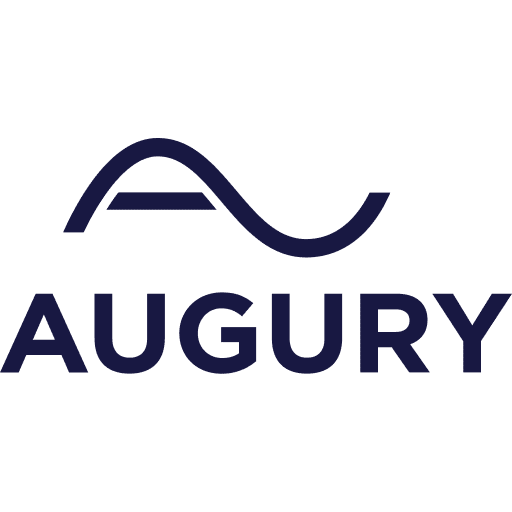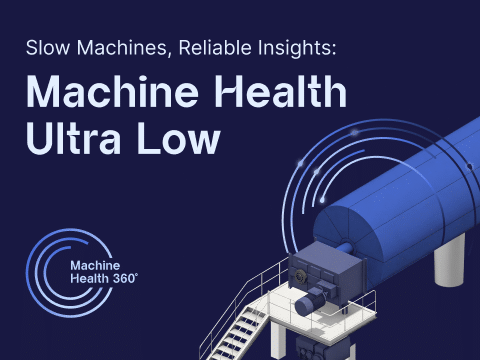
In a recent podcast, CEO Saar Yoskovitz talks about how Augury harnesses AI to champion sustainability within the supply chain. He also discusses how he’s witnessing a positive movement in terms of sustainability across manufacturing.
Time For Systemic Change
“The right people need to take responsibility across the value chain,” says Augury CEO and Co-Founder Saar Yoskovitz during a wide-ranging interview during an ’Inspiring Industry’ podcast. “Only with technology backed by systemic change will we be able to confront our challenges.”
Hosted by Danielle Champ, this new business podcast focuses in on all things industry. As they put it: “By highlighting key conversations with pivotal industry players across a wide range of sectors – manufacturing, construction, home building, engineering, food and drink, energy, supply chain – we seek to answer the big questions.” And with this episode, the questions go deep around the ethics of supply chain and how manufacturers are responding.
The discussed topics include:
- How recent tech innovations made it possible for a relatively young company like Augury to impact the manufacturing industry by helping boost production.
- How AI, including generative technologies like ChatGPT, will impact the way we work.
- How Augury expanded from solving a maintenance problem (avoiding downtime) to confronting supply chain resiliency and talent upskilling (Production Health).
- What having natural curiosity and a growth mindset brings to the table.
Sustainability as ROI
The main focus of discussion rallied around making the manufacturing supply chain more sustainable. For instance, upcoming regulations, such as the SEC guidelines, will not only force manufacturers to control the emissions of their factories, but also those of their suppliers. According to Saar, this is a positive step towards where “sustainability becomes one of the returns on investment – that’s the next evolution that has to come.”
“But there’s also other pressures having a positive influence,” according to Saar. “Not only consumers sending a message through their pocket books, but also from the talent manufacturers want to hire. The younger generation of people are asking very tough questions during the hiring process. They’re interviewing the company and asking what the company is doing to be more sustainable. They expect to work for a company they can be proud of. So, we are seeing this shift and pressure coming from all over the place.”
If You Don’t Measure, You Don’t Improve
Much work remains. “I think one of the biggest challenges in the industry is we don’t have any official way of tracking the parameters of sustainability and what it means,” says Saar.
“If you don’t measure, you can’t improve. That said, there are things you can do that are pretty obvious. If you can recycle water, you should probably recycle water. And in the whole electric vehicle domain, the batteries are going to be a huge problem for us environmentally unless we can extract the raw materials back from the old batteries and use them in the new batteries. So, technologies need to shift,” says Saar.
Starting With Mindset
“I think for companies, it all begins with culture and mindset. We have some partners that are already forward-thinking with every initiative in the company has a sustainability justification and asks the question ‘How does this help us in our sustainability targets?’”
Meanwhile, Augury is part of a World Economic Forum task force that’s exploring how to “quantify sustainability and building a scorecard where companies and their vendors can measure themselves,” says Saar.
“I’m what you’d call a techno optimist. I really believe technology, and specifically now AI, will help us fix a lot of the problems we have.”




